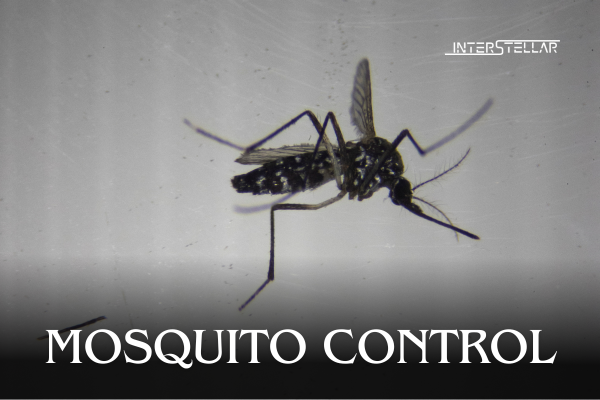Valencia Laboratory Battles Mosquito-Borne Diseases with Innovative Technique
A laboratory in Spain is taking a novel approach to combat the spread of dengue fever and other diseases. The lab, located in Valencia, is breeding and sterilising thousands of tiger mosquitoes in an effort to curb their population. As climate change facilitates the spread of this invasive species across Europe, the initiative aims to reduce the incidence of mosquito-borne illnesses.
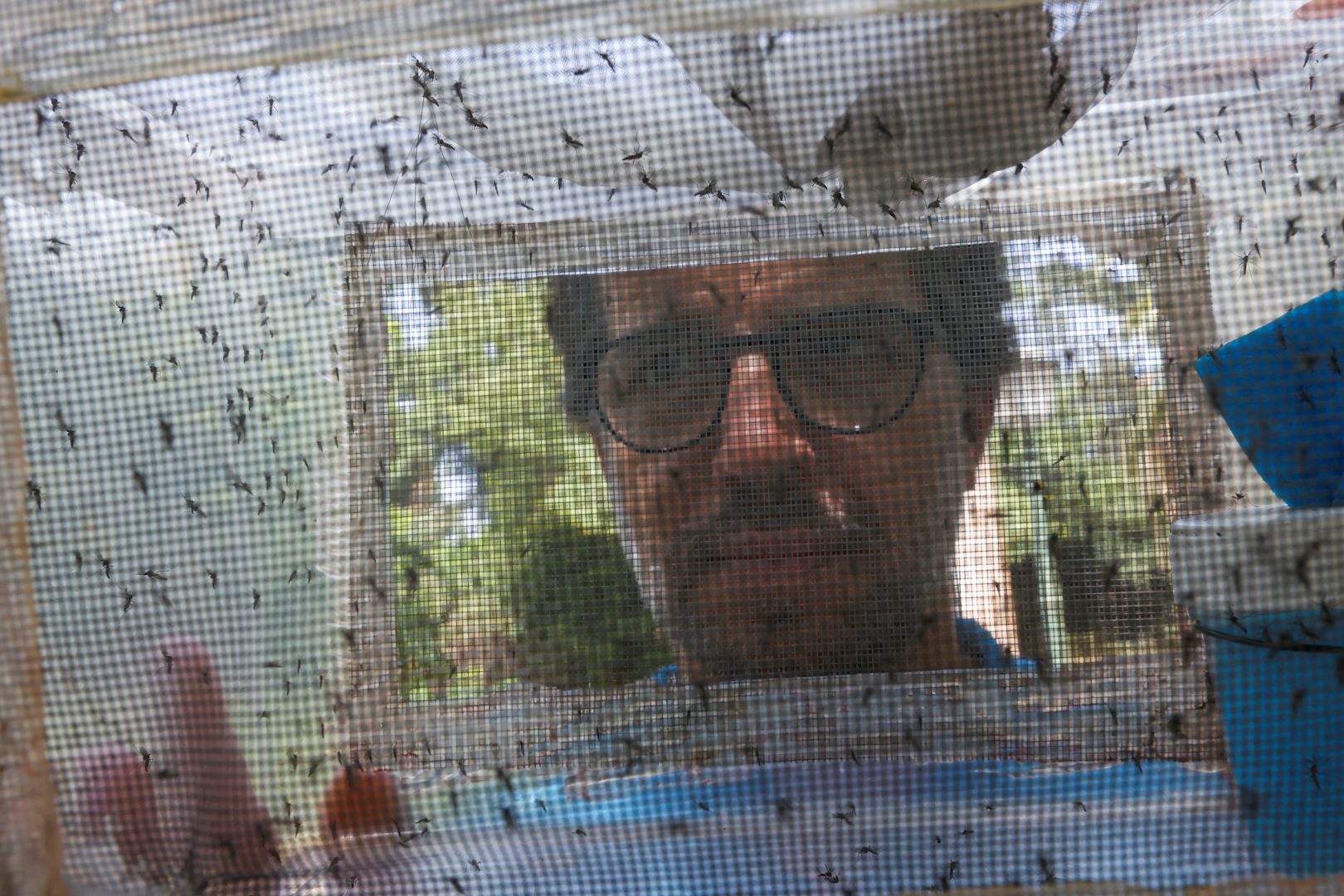
Innovative Sterilisation Process
The Biological Pest Control Centre, funded by the regional government, uses an electron accelerator to sterilise approximately 45,000 male mosquitoes weekly. These sterilised males are then released to mate with females, which are responsible for biting humans and transmitting diseases. By doing so, the overall mosquito population is expected to decrease over time.
Vicente Dalmau, representing Valencia’s health, agriculture, and fisheries department, explained the urgency of this programme. “It’s a species that is becoming more common with climate change. There is a favourable environment for its development for longer periods of time throughout the year, and its populations are increasing all the time,” he said.
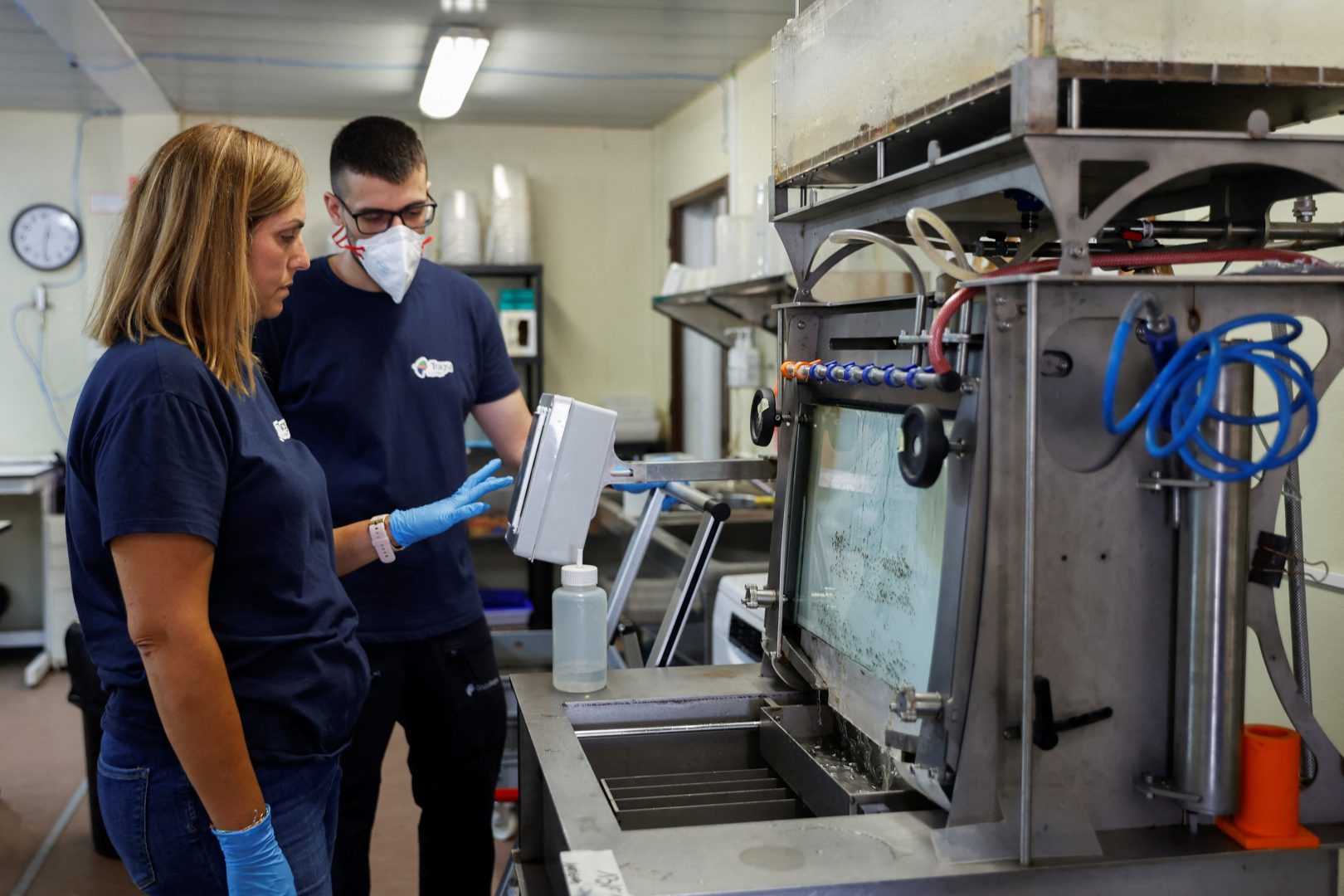
Detailed Breeding and Sterilisation Techniques
The mosquitoes used in this programme are collected from the Valencia region. Scientists at the centre employ a machine to separate female pupae from the males. The males are then sterilised using radiation. While sterilisation techniques have been used globally, the Valencia lab is pioneering this method for tiger mosquitoes in Europe, leveraging their experience with fruit flies.
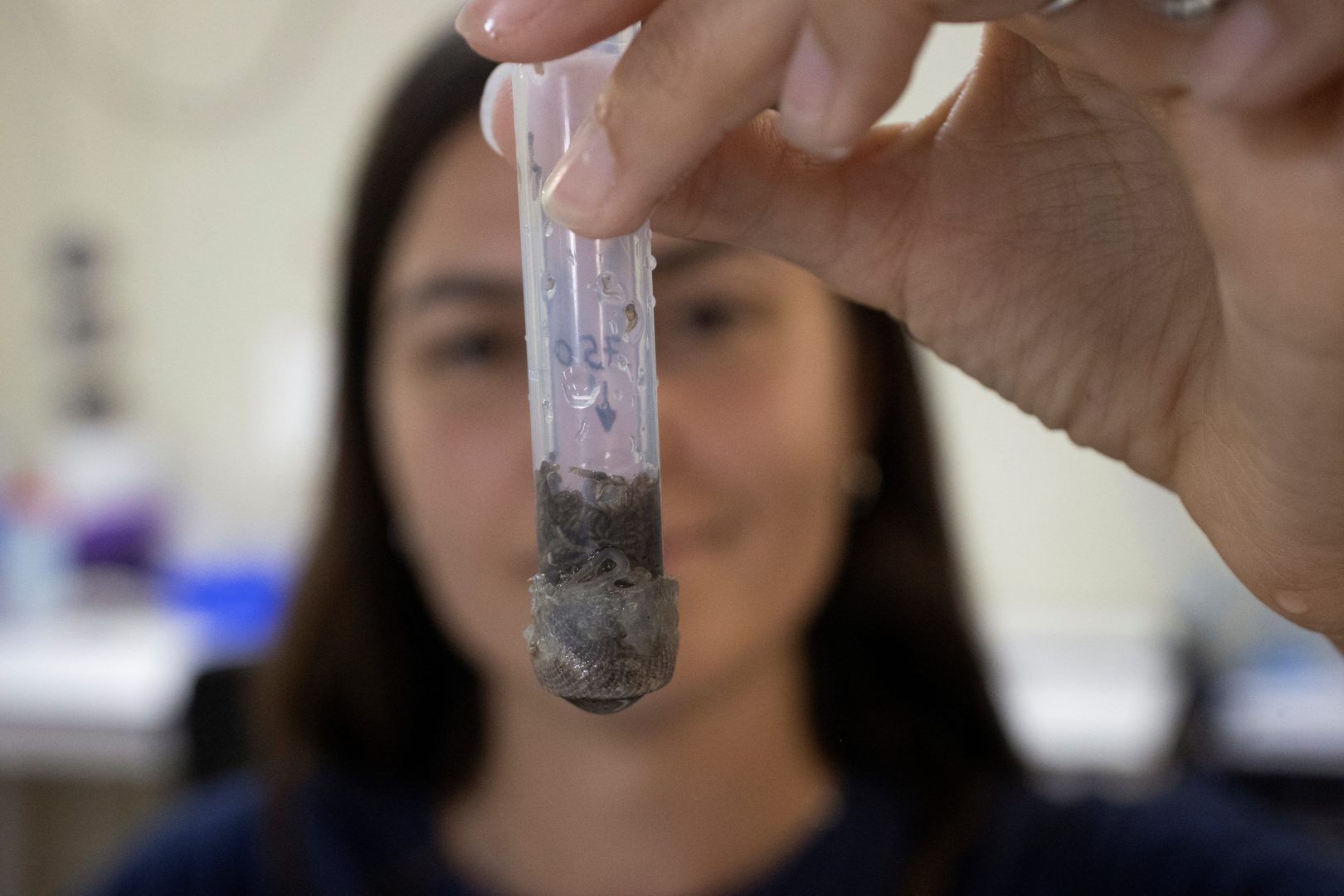
Rising Concern Over Mosquito-Borne Diseases
The European Centre for Disease Prevention and Control has noted an increase in cases of diseases such as dengue, zika, and chikungunya imported from endemic regions. Additionally, there has been a rise in local outbreaks of West Nile virus and dengue within Europe. The spread of the tiger mosquito, or Aedes albopictus, has contributed to these health concerns. This mosquito species now has self-sustaining populations in 13 European countries, including Spain, and is expanding its range.
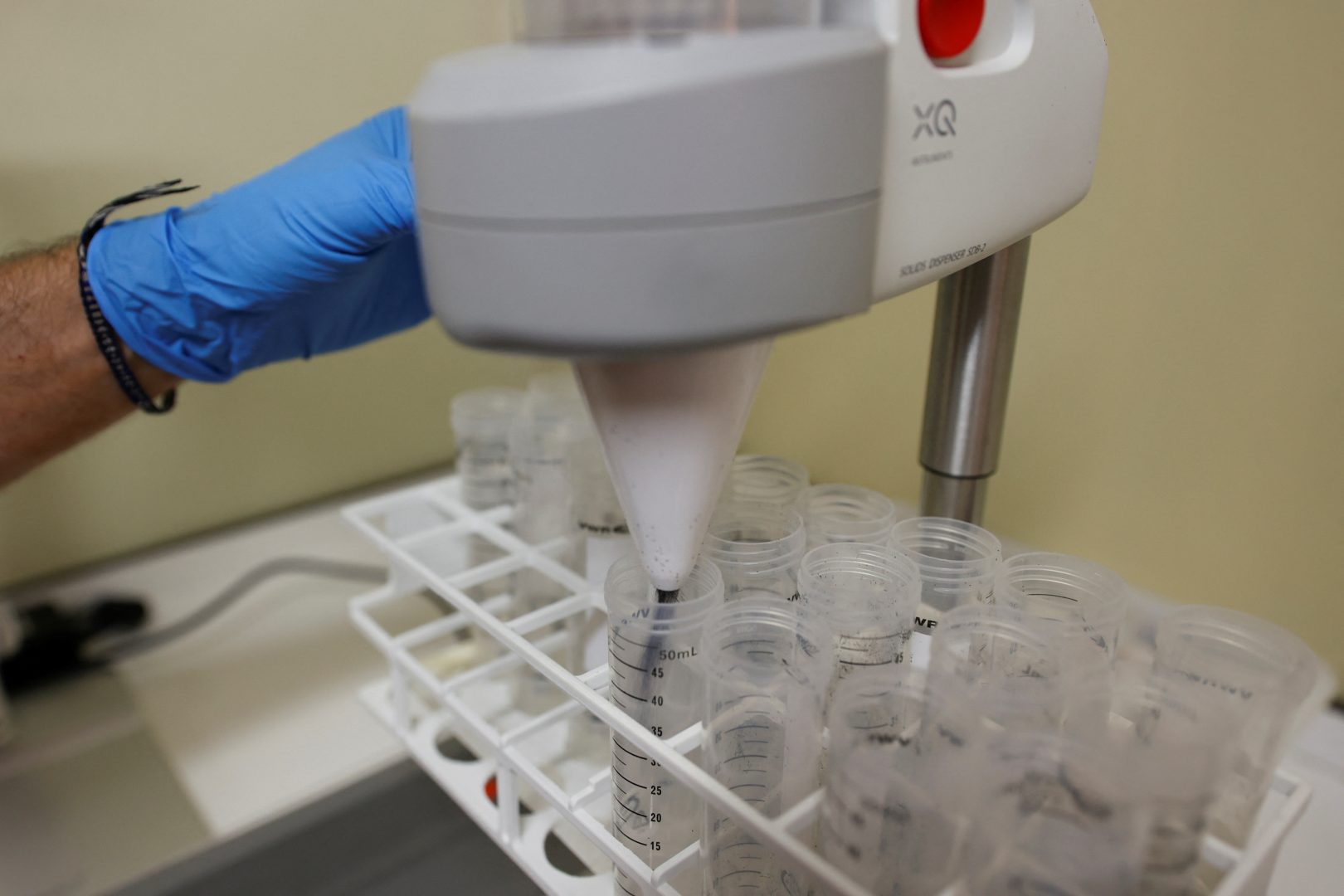
Global Impact of Climate Change
According to the World Health Organization, dengue rates have surged globally, with reported cases increasing eightfold from 2000 to 2022, reaching 4.2 million cases last year. A warming climate is believed to accelerate mosquito reproduction, thus exacerbating the spread of diseases they carry.




